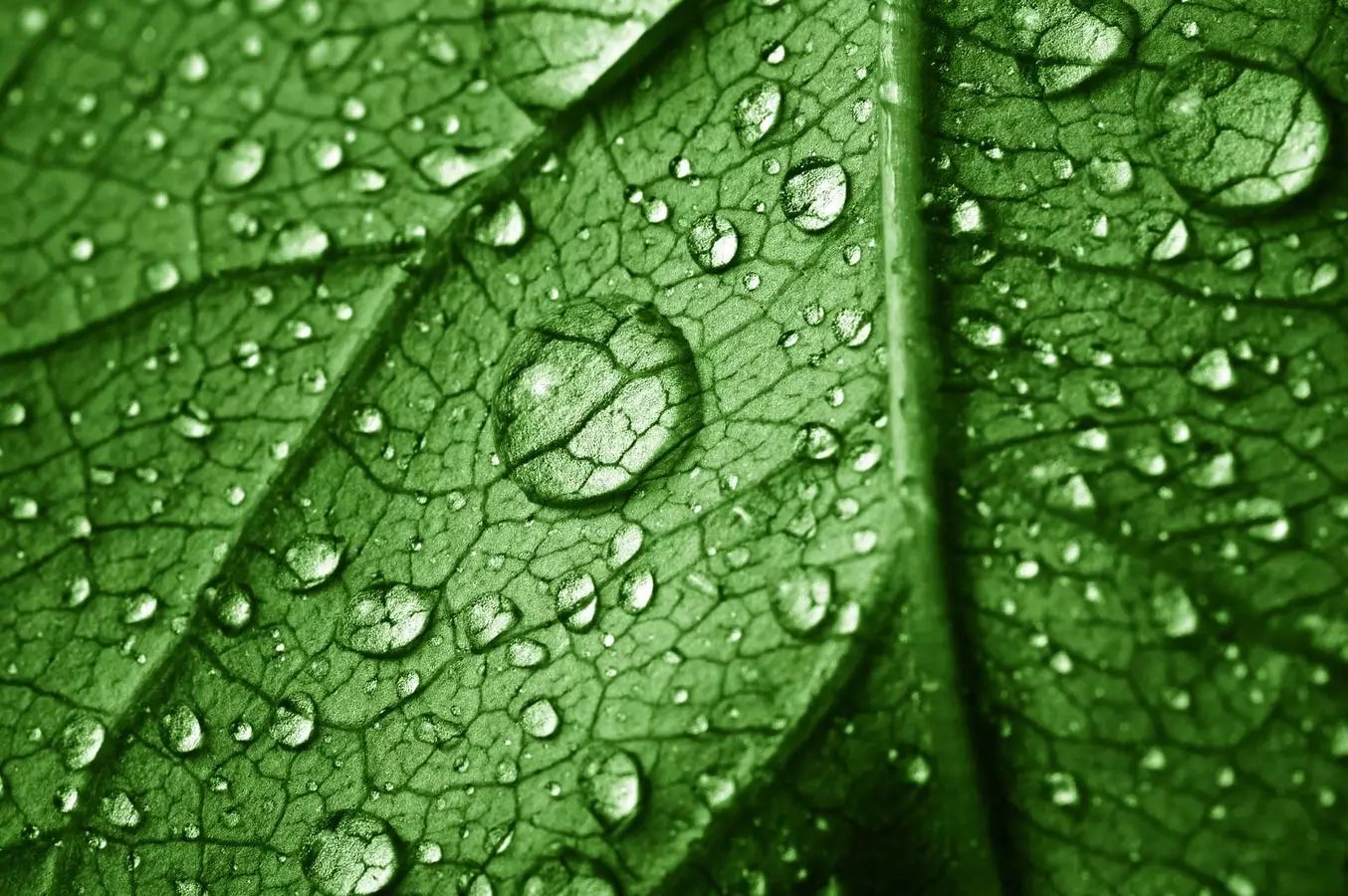Precision agriculture has emerged as a game-changer in the realm of modern farming practices. This innovative approach utilizes advanced technologies to optimize productivity while minimizing input costs. One pioneering example of this is the utilization of „auto-steer“ technology, originally developed as a byproduct of NASA’s research. This technology harnesses GPS and georeferencing data to precisely guide agricultural equipment, such as tractors, thereby ensuring efficient seed, fertilizer, and pest control application with minimal overlaps or misses. Additionally, it enables controlled wheel traffic to prevent soil compaction, ultimately enhancing crop yields.
Another vital aspect of precision agriculture involves leveraging spatial data obtained from satellite or drone-based aerial imagery, as well as yield data from previous harvests. By employing detailed, variable delivery of seed, pest control products, or fertilizers based on this information, farmers can optimize resource utilization and boost overall efficiency. For instance, technologies like the „See & Spray“ system from John Deere utilize onboard cameras and artificial intelligence (A.I.) to identify specific weeds for targeted spraying, minimizing chemical wastage and environmental impact.
A groundbreaking innovation in precision agriculture is the development of real-time camera-based systems to visualize and optimize spray droplet formation on plant surfaces. This technology addresses the challenge of achieving efficient interaction between a water-based spray solution and the waxy surfaces of plants. By considering multiple variables, including spray composition, application device parameters, and environmental conditions, these systems accurately adjust spray coverage to achieve optimal results. One notable example is the two-camera system developed by Vishnu Jayaprakash, founder of AgZen, which enables farmers to make instantaneous adjustments for precise spray coverage, leading to significant cost savings without compromising effectiveness.
The effectiveness of precision agriculture technologies, such as the REALCOVERAGE system by AgZen, has been validated through extensive field trials. Research conducted at institutions like Texas A&M University and the University of Massachusetts has demonstrated substantial reductions in pesticide usage while maintaining crop protection efficacy. For instance, in trials involving cotton defoliation and wine grapes, significant savings in pesticide costs were achieved without compromising crop health. These real-world applications underscore the potential of precision agriculture to revolutionize farming practices and promote sustainable agriculture.
While the primary focus of precision agriculture is on cost savings and efficiency, it also has implications for safety and regulatory compliance in agricultural practices. It is essential to emphasize that pesticides and other agricultural products undergo rigorous regulation by entities like the Environmental Protection Agency (EPA) to ensure consumer and environmental safety. The EPA’s stringent regulations and monitoring processes ensure that residues of chemicals in crops remain well below harmful levels, thus safeguarding public health.
As the agricultural industry continues to adopt precision agriculture methodologies, there is a growing potential to enhance farming sustainability and environmental stewardship. By optimizing resource utilization, reducing chemical usage, and improving crop yields, precision agriculture paves the way for a more efficient and eco-friendly agricultural ecosystem. The integration of innovative technologies such as the REALCOVERAGE system into existing farming practices holds promise for a more sustainable future in agriculture.


Napsat komentář